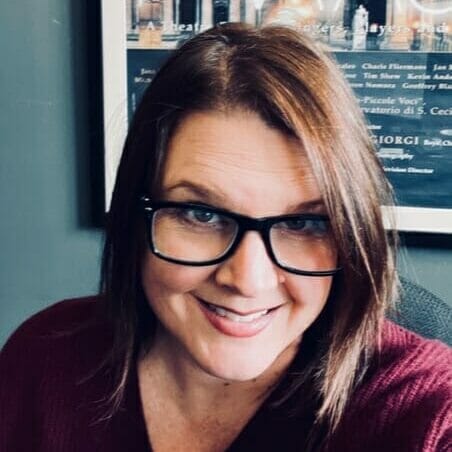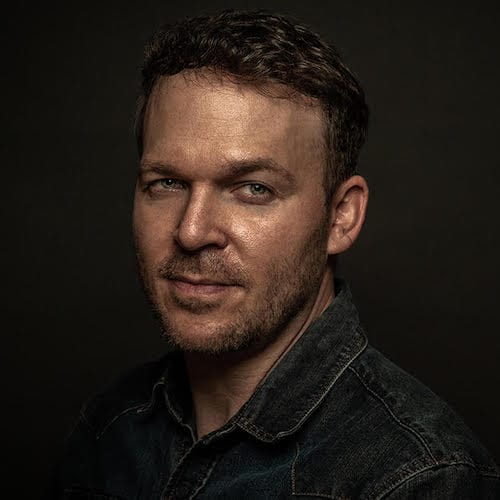What makes you feel afraid? I’ll tell you what scares me: Brain rot.
Chosen by the Oxford English Dictionary folks as the 2024 “word of the year,” and defined as intellectual decline and mental deterioration, especially the kind brought on by overconsumption of trivial online content. Usage has surged 230 percent over the last year. It’s not a new word, according to Oxford. Its earliest known appearance was in 1854 in “Walden,” Henry David Thoreau’s classic account of moving alone to a cabin in the woods. Thoreau lamented, While England endeavors to cure potato-rot, will not any endeavor to cure the brain-rot, which prevails so much more widely and fatally. . . [New York Times, 2 December 2024, C1, C4]
170 years later, I guess it’s still on the rise. And that’s worrisome to me, adding another to the growing list of various ailments and general decrepitude since turning 70 (yesterday). But brain rot is a condition not only of the elderly. It’s a sign of distraction, and perhaps nothing is more distracting than the lure of the internet and its glittery array of products and gossip and news perspectives and more. But it’s more toxic than simply offering opportunity to zone out of a boring sermon.
Mental health issues among young people are at an all-time high. I read an article that suggested teen-agers exhibit the same stress level as an adult in the 1950s hospitalized for what was then called “nervous breakdowns.” When we are endlessly scrolling through Instagram posts, getting news and information primarily from internet sources, even amusing ourselves with trending topics such as Ohio State Football (trending #1 yesterday), the travails of Scarlett Johansson. . . . . . well, we don’t have to think about Gaza and Sudan and climate change.
People who study these phenomena have discovered that “brain rot” actually contributes to the experience of FOMO: fear of missing out. I downloaded the Booker Prize-winning novel Orbital two months ago, read the first chapter then and haven’t picked it up since, even though it has everything going for it: intrigue, space travel, romance, philosophical and religious discourses. I just haven’t found the time. . . .
I’m starting to think brain rot is more threatening to health than aging. Well.
The thing that it distracts from is relationship. The kind that bonds us to others, connecting us in community. Relationships of people who love us and help us make sense of life. Family relationships. Neighborhood relationships. The community called church. Today’s text offers a surprising corrective. It focuses on a significant visit between the newly-pregnant Mary and her older cousin Elizabeth, far along in hers. Perhaps they were drawn together by this surprising turn of events: Elizabeth so past childbearing years, and Mary so….unmarried.
As I studied the text this week, I remembered the times I have turned to older and wiser folks for counsel in perplexity, and how often it has helped me clarify my understanding, resolve the difficulty, or simply been a source of grace in a challenging time. This year, I was startled to discover how much more I identify with the older woman who is blessed by offering blessing. A reading from Luke in the first chapter, verses 39 to 45. Listen for God’s Word to us, at the very start of something new and exciting, when you are closer to its ending, and at every point in between. [Luke 1:39-45]
Commentary on this text likes to point out that this is the Christmas message as told by women. Joseph? Nope. Zechariah? Nope. Archangel Gabriel? Nope (I mean technically angels are trans. . . cendent, neither male nor female, but they often get male names). This text uniquely offers a perspective of Jesus’ birth from his undisputed mother, and the mother of the baby who would grow to be John who baptized the adult Jesus, ordaining him for ministry.
Mary and Elizabeth draw strength and courage from each other. Neither woman knew precisely the meaning of her pregnancy, but notice how little actual problem-solving goes on in this text. They simple greet each other in love to share what must have been a bewildering experience for each. Elizabeth had been childless all those years and must have had the questions and fears and doubts common to all parents. Mary seems not to have known the protective arm of the man who would become her husband, so no doubt she leaned on Elizabeth during the three months she stayed with her to bolster her confidence in herself amid doubts and questions.
At its best, this is what a church community can do for each other.
Mary and Elizabeth show us that God recruits human beings for divine work. Look, we know almost nothing about why God chose either one of these good women to bear John the prophet, or Jesus the messiah. They weren’t perfect. Mary certainly never fully understood her son’s mission. Elizabeth may well have celebrated Jesus’ baptism by her son John, but faced heartbreak when he was cruelly beheaded at the whim of a jealous ruler. I hope she understood that his work mattered.
And remember that “divine work” means far more than saving the world through ordained church service. Mary was called to motherhood, to express her devotion to God through raising this child. God calls each of us in the particular work we do and lives we lead to a divine purpose.
If everyone were a preacher, who would build Habitat for Humanity homes? Make delicious coffee with foam art? Heal bodies? Mend minds? Keep the books for a nonprofit, or help them get the word out about their important mission? Teach middle school kids? Defend and counsel those seeking justice? Lead nations and corporations and agencies? Help immigrant families with the excruciating paperwork to obtain legal status? I had my piano tuned recently and was blown away by the skill of the person using only a tuning fork and a wrench to adjust the pins. He’s done it for decades and loves the work because as he put it “I’m the guy behind the guy (or gal) who makes the music, and it will sound better.”
What God wants done in this sweet and terrible old world rests in our hands. It’s not easy. But it will be worth it. Neither Elizabeth nor Mary knew all that was being asked of them, but they took one step and said yes. Friends, the invitation is ever before us: to join God in holy work that will change the world.
These faithful women show us though life isn’t fair, God will meet us with grace. There’s randomness. There’s constant change. There’s heartbreak and disappointment and death. Elizabeth was confident that Mary’s pregnancy was a fulfillment of God’s Word even when she didn’t understand it. Life is not a cosmic balance sheet, where blessing or curse are doled out proportionally as a consequence of goodness or evil.
Instead, all we have is a promise that God wants to be near us. God loves us. God loves us before we know anything about it and whether or not we return that love. God knows that human freedom can get us into a world of trouble, and loves us at our broken places and failures, and those crossroads when we don’t know which way to go.
Mary inspires my trust in the God who came not to tinker but to transform. She couldn’t reason it out; she had to sing. Listen! [Luke 1:46-55]
Friends, there is more to this world that meets the eye; a dynamic power at work beyond heartbreaking headlines, tragedies that defy imagination, and broken places that never seem to mend. Mary’s song praises the God who rules with mercy, and turns human expectation upside down. She has inspired me to trust God’s presence in the heady rush of success and in the dark night of the soul…to see God in the mundane and routine and in every crisis.
Never could I have imagined how life would unfold after I said “yes.” None of us does. But as Christian mystic Thomas Merton put it, You don’t need to know precisely what is happening or exactly where it is all going. What you need is to recognize the possibilities and challenges offered by the present moment, and embrace them with courage, faith and hope.
Mary and Elizabeth recognized possibility in each other. I recognize them in the people who spend time with children who are not their own; give their time to build a home for someone else to live in; linger over conversation with a person who’s told the same story a hundred times. I recognize the possibilities that come into play when people channel their heartbreak into compassionate service, and their anger over injustice into support for moral causes and political will.
We will bless each other and the world because God is in those actions, rewriting foregone conclusions, upending staid practices and worn-out routines. The commitment to love, to seek another’s good is to wield the hand of God. It is to reshape history, to create different outcomes to the same old, same old. Mary and Elizabeth point us to the God who declares, I make all things new. And with the skill and patience of a family doctor or midwife, sets about to deliver it.
Fear not, friends. The “brain rot” that threatens us is countered by the wonder of this baby about to born. We are freed by women often deemed foolish, for imagining that God has need of them to bring life into this sad old world. With Elizabeth and Mary let us say “yes”… and get ready to labor.
May it be so.





